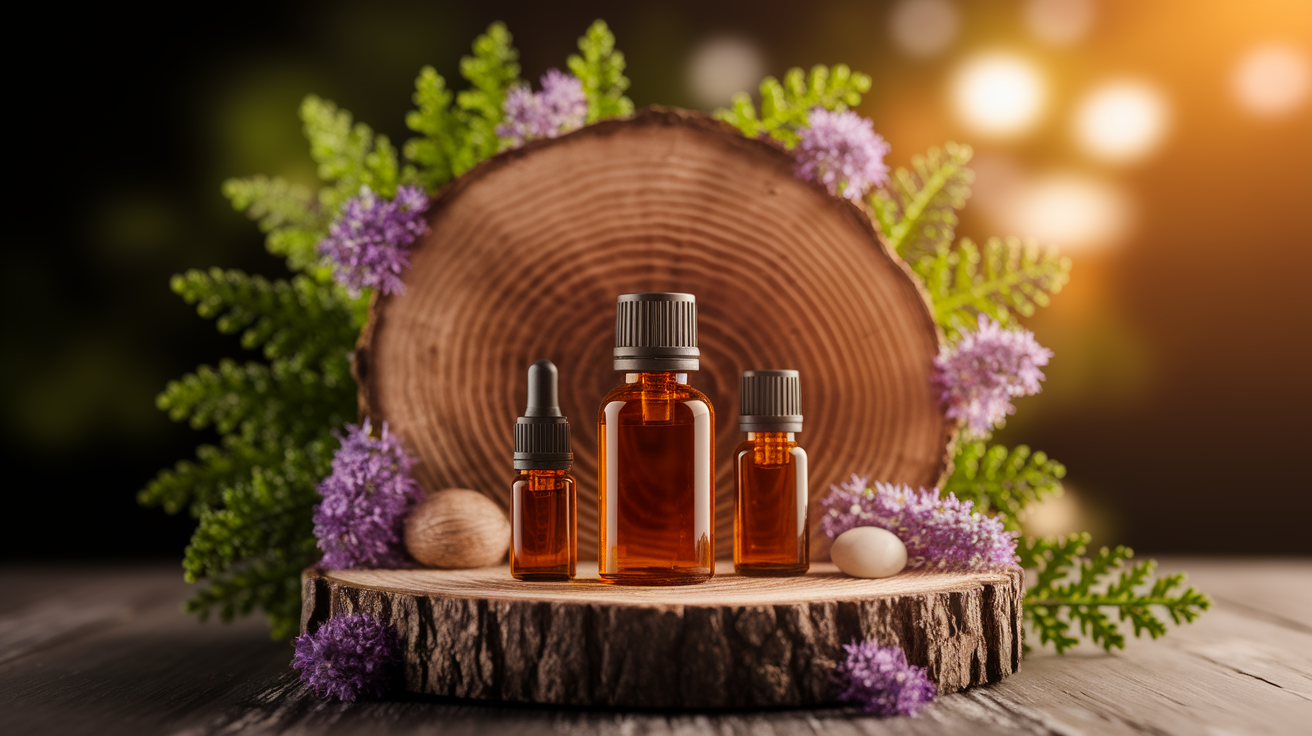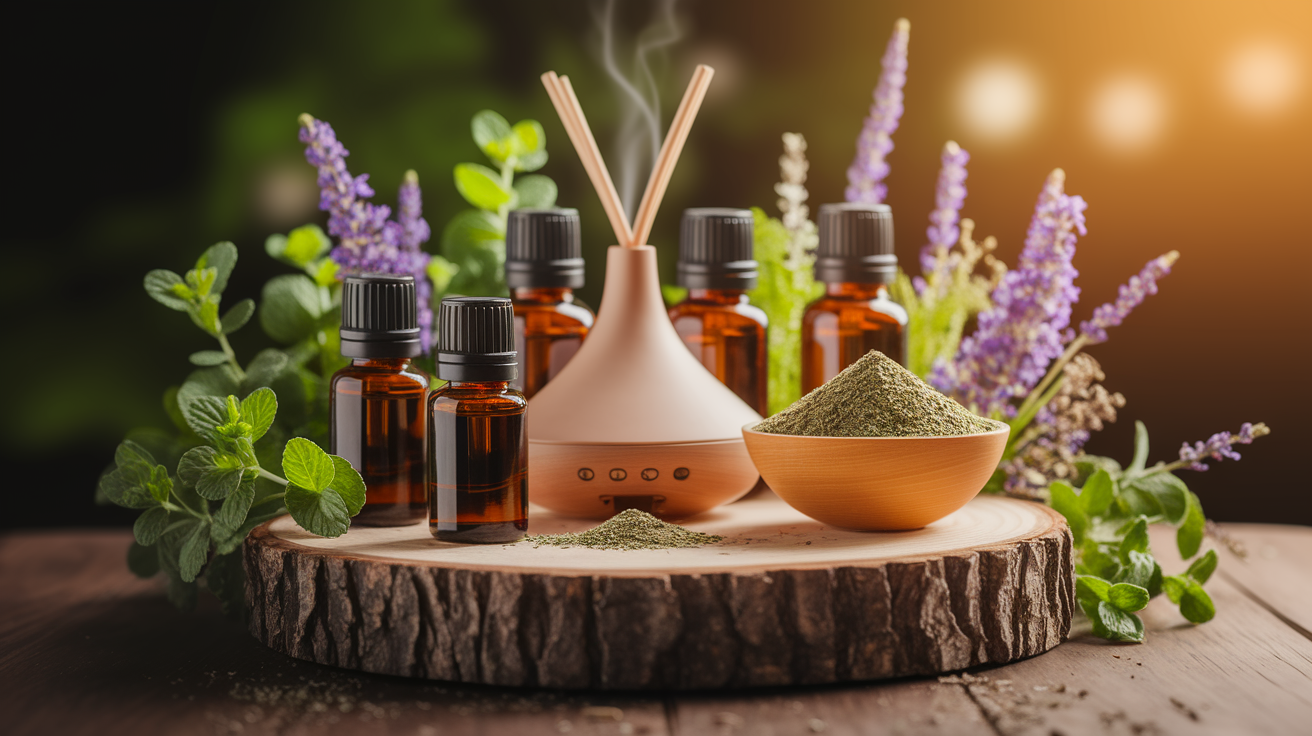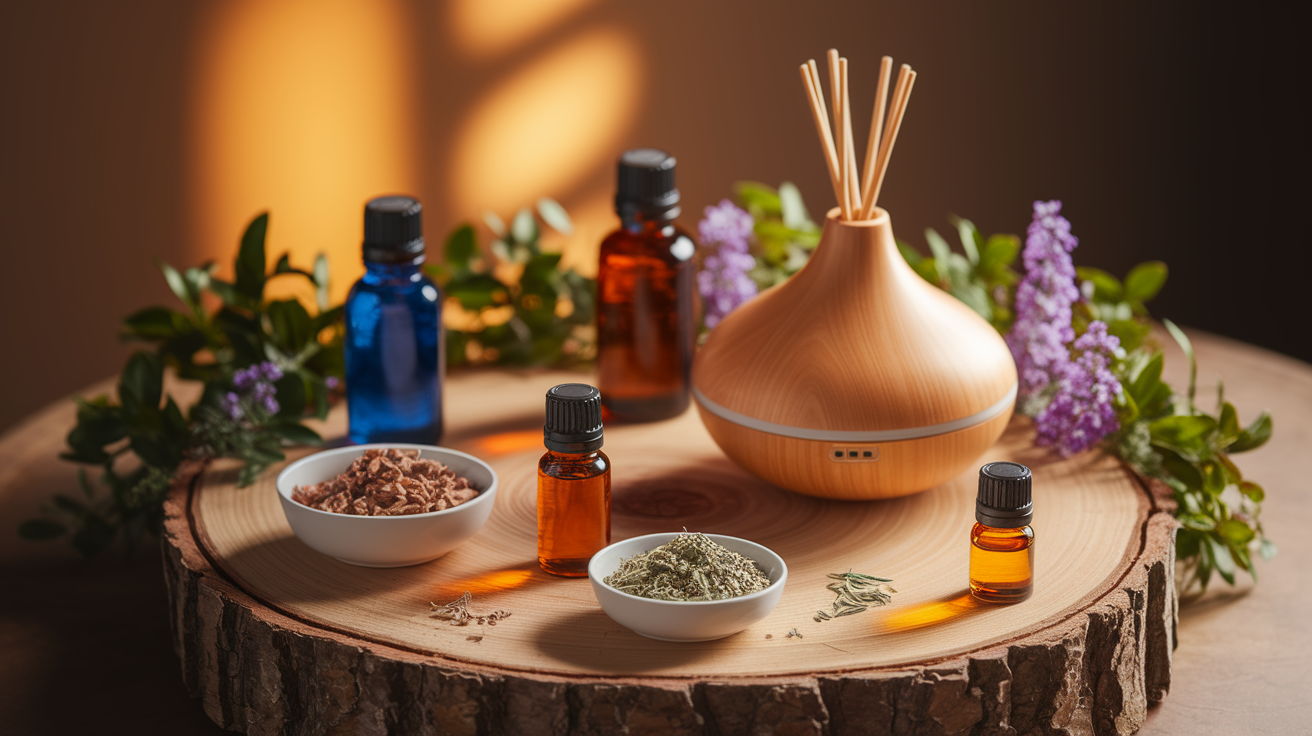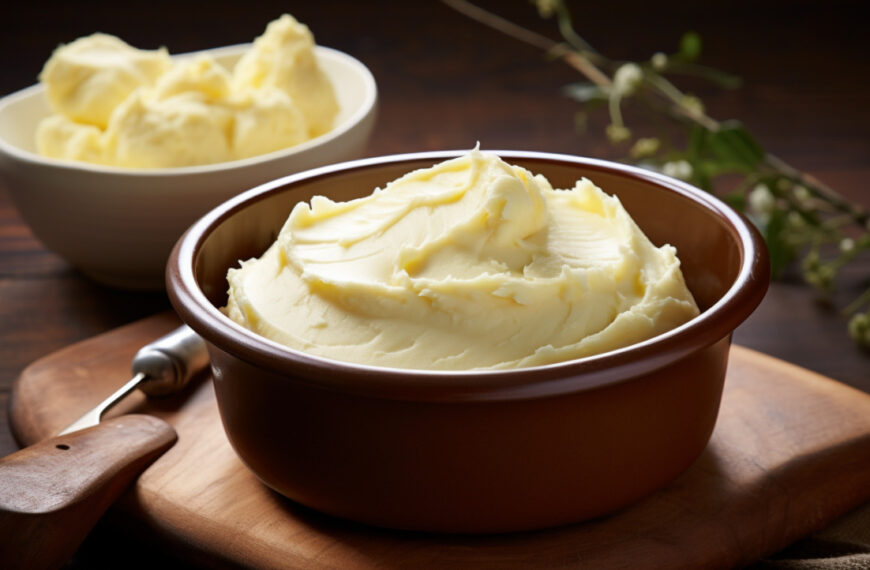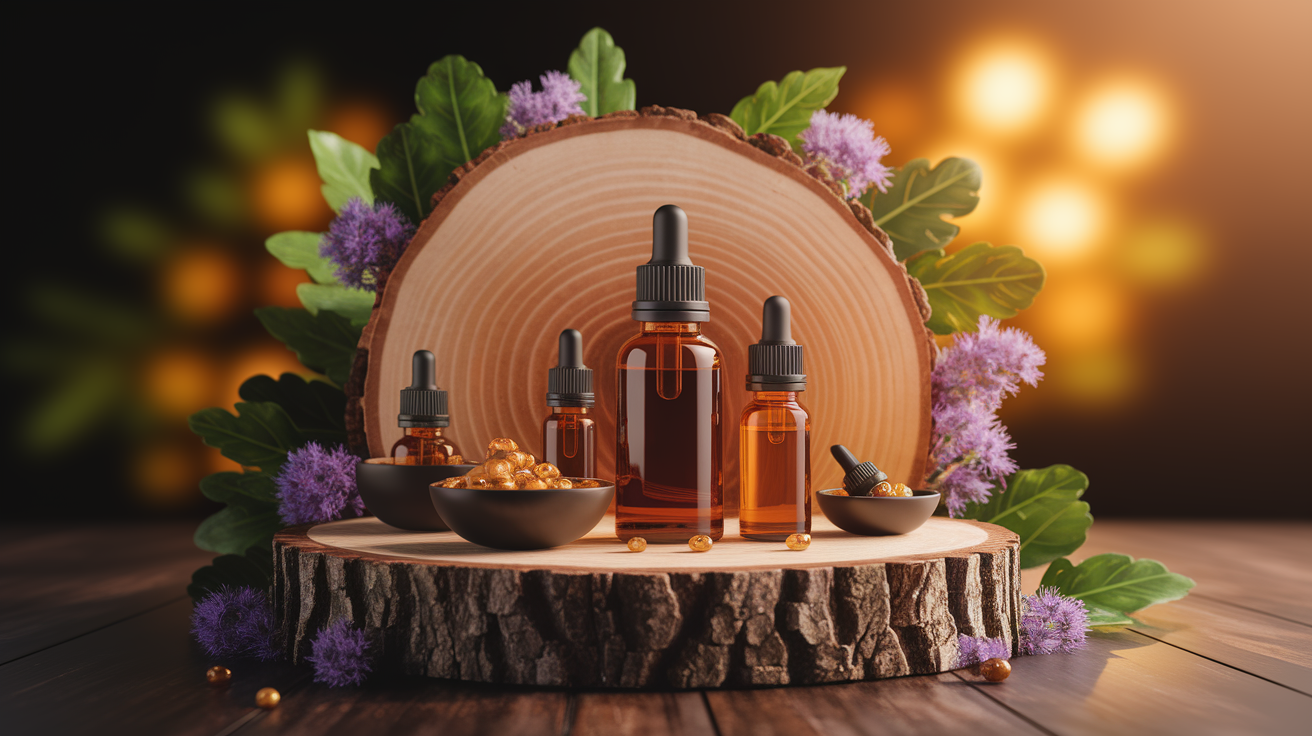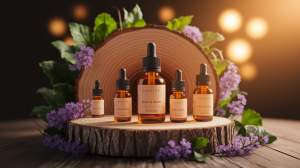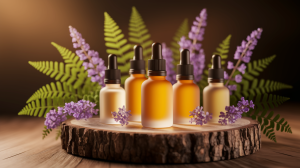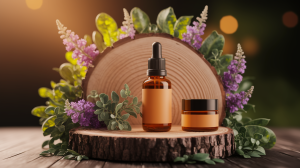Fresh Beginnings: Essential Oils in Oral Care
It’s funny—of all the places essential oils can work their magic, the mouth might just be my favorite. Picture this: you swish a rinse that not only makes your breath as crisp as fresh mountain air, but also quietly works behind the scenes to keep plaque, gingivitis, and tooth decay from taking root. It’s not a gimmick; these are natural, plant-derived compounds with mighty antimicrobial properties woven into their chemistry. They fight off harmful bacteria and fungi, soothe inflammation, and even ease those sudden toothaches that make you wince mid-sentence. And the best part? You don’t need a shelf full of synthetic chemicals to get these results. Just the right oils, in the right balance, can turn your daily dental routine into something truly remarkable.
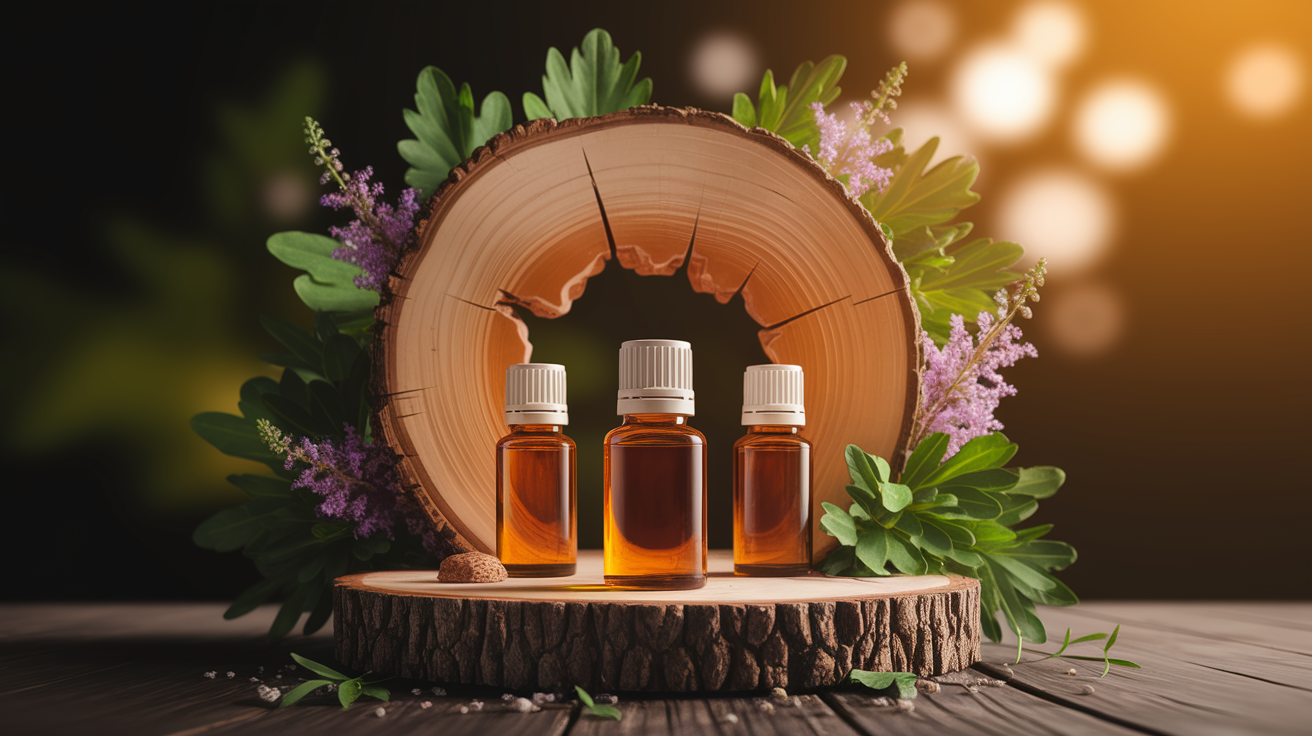
Key Essential Oils and Their Oral Benefits
Some essential oils have built quite the reputation in natural oral care, and for good reason—they’re reliable, effective, and bring their own unique personality to a formulation.
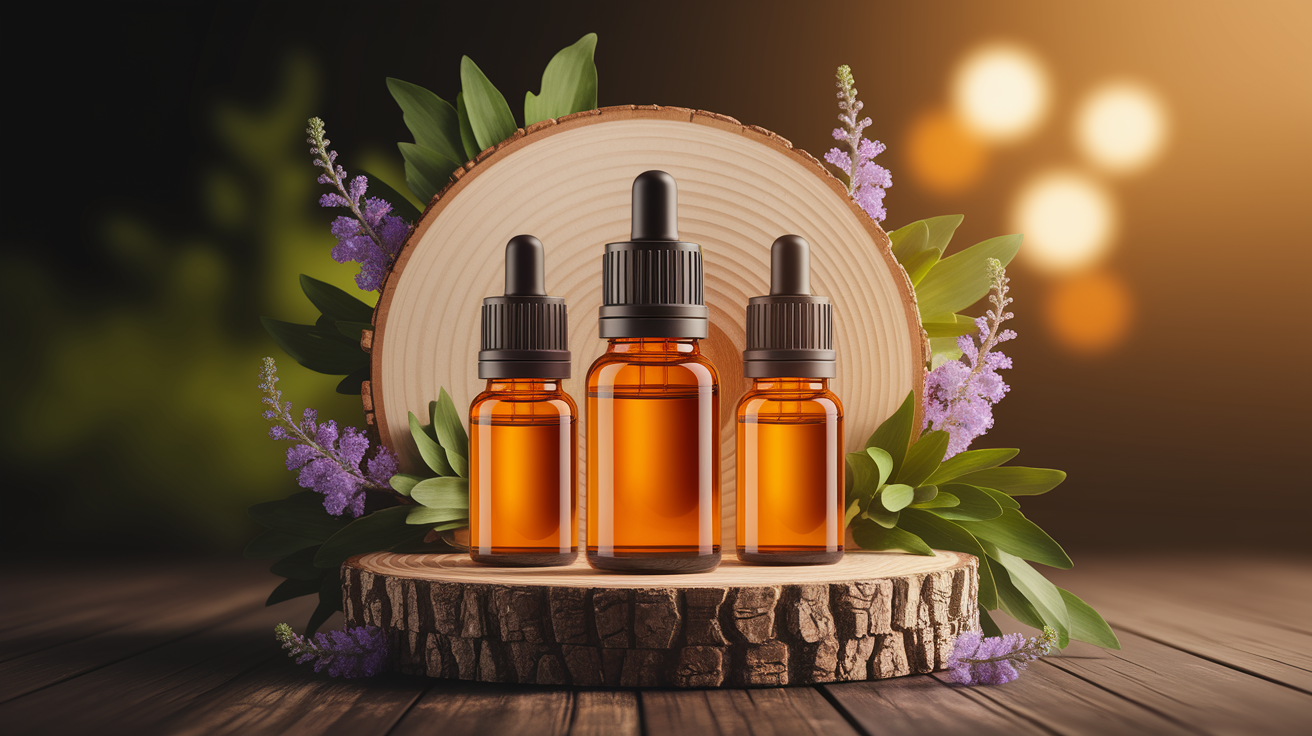
- Peppermint Oil: Invigorating, cooling, and fiercely antibacterial. Known to freshen breath while gently easing gum discomfort.
- Tea Tree Oil: Famous for helping with bad breath and plaque reduction, thanks to its broad-spectrum antimicrobial punch.
- Clove Oil: That warming, spicy scent hides eugenol—a natural analgesic that melts away tooth pain and keeps bacteria in check.
- Cinnamon Oil: Sweet and spicy, yet powerful against tooth decay and gingivitis, with strong antifungal abilities.
- Eucalyptus Oil and Thyme Oil: Both are like trusty disinfectants in plant form, working to eliminate cavity-causing bacteria.
- Lavender Oil: Gentle and calming, with quiet anti-inflammatory and antimicrobial benefits.
Each of these oils shows up in mouthwashes, toothpastes, or targeted gels—not just for scent, but for the protective shield they offer mouth and gums.
How Essential Oils Work: Mechanisms of Action
The magic happens at the microscopic level. Essential oils can literally poke holes in bacterial cell membranes, breaking them down from the inside out. They interrupt the sticky biofilms that bacteria build on teeth, which means less plaque and lower risk of cavities. Components like eugenol in clove oil step in to relieve dental pain, while anti-inflammatory compounds calm swollen gums. Studies in dental therapeutics show that mouth rinses with essential oils can cut bacterial counts significantly when paired with regular brushing and flossing. And then there’s the aromatic bonus—those fresh scents aren’t just pleasant; they target and neutralize the microbes behind bad breath, giving you results you can both feel and smell.
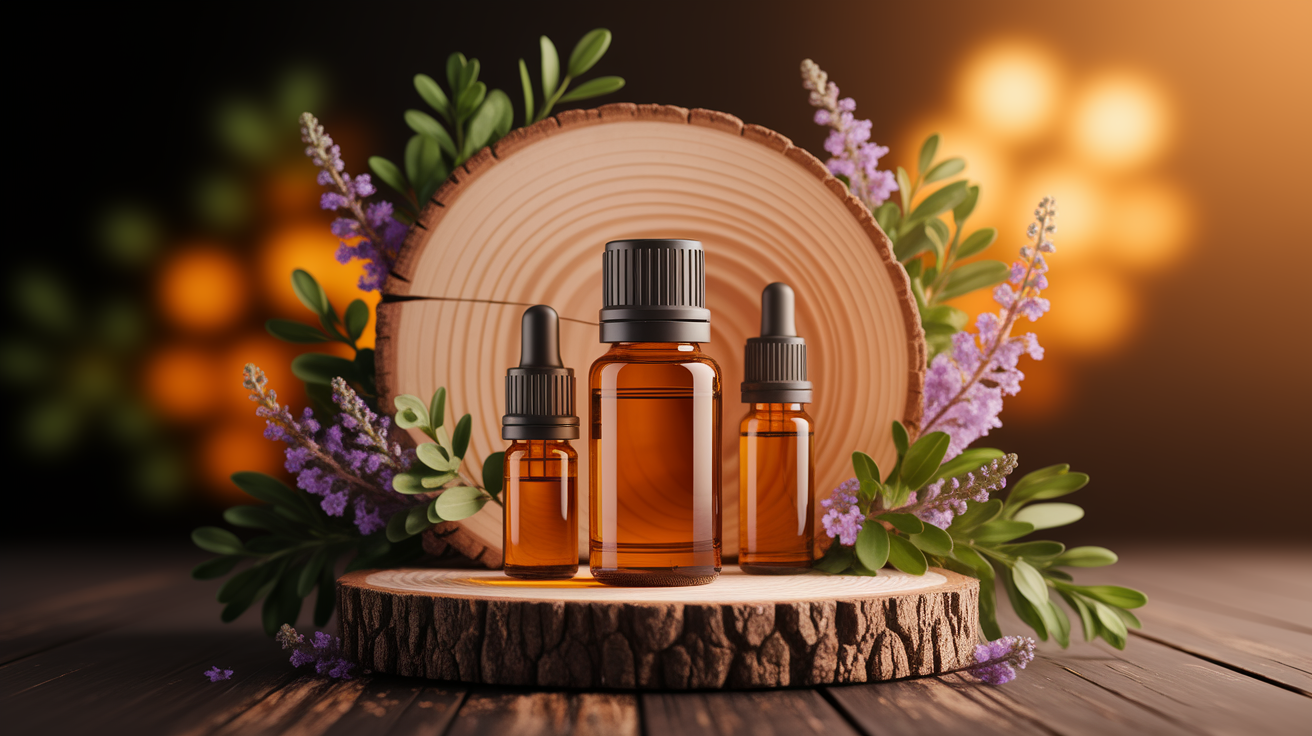
Formulating with Confidence: Best Practices
Making an effective, safe natural toothpaste or mouthwash is like crafting the perfect recipe—you’ve got to get the proportions right. Higher concentrations don’t always mean better results; in fact, they can lead to irritation if you’re not careful. Most dental hygiene products keep essential oils below 1% concentration, just enough for antimicrobial potency without upsetting sensitive tissues. Blends can be more effective than single oils, but they require careful measuring and testing. And while some oils are safe to use daily, swallowing them undiluted is a no-go. Expert guidelines, such as those from safe usage resources, stress dilution, age-appropriate formulations, and monitoring for possible sensitivities. Advances like encapsulation are making it easier to keep oils stable and release them exactly where they’re needed.
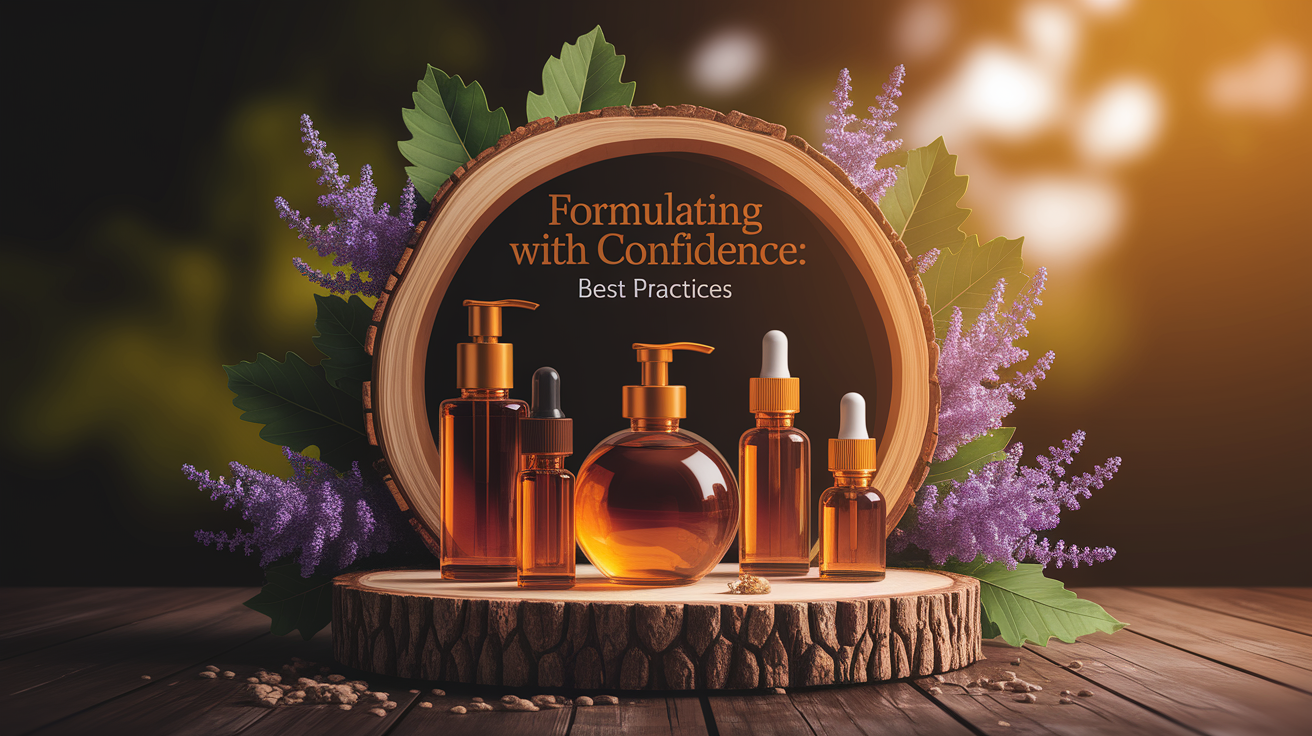
Putting It into Practice: Product Examples
This is where it gets exciting—seeing these oils come to life in real products. Imagine an herbal mouthwash blending peppermint, tea tree, and thyme oils for a triple antimicrobial kick. Or a toothpaste with a dash of cinnamon oil and clove oil for cavity prevention and toothache relief. There’s also eucalyptus-infused floss that delivers freshness while gently helping with periodontal care. Even chewing gums and lozenges can be formulated with spearmint or sage oil for extended breath freshening, thanks to their slow release during use. The versatility means whether you prefer brushing, rinsing, or a quick on-the-go boost, there’s a way to work essential oils into your routine effortlessly.

Scented Smiles: Sealing the Deal on Natural Oral Wellness
There’s something incredibly satisfying about a dental routine that leaves your mouth feeling truly clean—without the chemical aftertaste. Essential oils do more than make things smell nice; they’re targeted, effective, and naturally supportive of your oral microbiome. With thoughtful blending, careful formulation, and respect for their potency, these bioactive compounds can turn the simple act of brushing or rinsing into a holistic ritual for gum health, cavity prevention, and long-term oral wellness. And once you’ve experienced that kind of fresh start, it’s hard to imagine going back.

